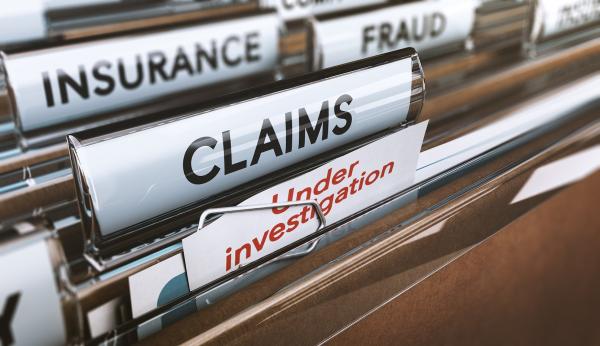
ATT calls on HMRC to tackle ‘rogue’ R&D claims
The Association of Taxation Technicians (ATT) is urging HMRC to better combat ‘rogue’ advisers who inappropriately seek to maximise research and development (R&D) claims.
The ATT was responding to a recent Treasury consultation on R&D tax relief.1 This consultation sought views on the nature of private-sector R&D investment in the UK, how that is supported or otherwise impacted by the SME and large company R&D relief schemes, and what changes are appropriate.
Fraudulent claims are not just a risk for the Exchequer. If some companies receive more tax relief than they are entitled to, those who play by the rules may incorrectly feel that there is not a level playing field.
ATT President Jeremy Coker said:
“The Government has an ambitious target to raise total investment in R&D to 2.4 per cent of UK GDP by 20272 but before that is achieved it is important it ensures that the reliefs are up-to-date, competitive and well targeted.
“We understand that the vast majority of specialist R&D advisers submit accurate and appropriate claims for R&D relief but we are increasingly aware that there is a minority of ‘rogue’ advisers who seek to maximise claims inappropriately, especially where their fee is calculated as a percentage of that claim. This behaviour is driven by two factors - the R&D rules are not prescriptive meaning there is a lot of room for interpretation, and claims can trigger a cash repayment, which especially in the current climate, can sound very attractive to companies.
“ATT members are held to strict standards of behaviour3 but these ‘rogue’ advisers may not be members of any professional body. They are quite a concern among the tax industry, and we continue to receive reports from members about purportedly specialist advisers approaching their clients trying to encourage them to make inappropriate and/or excessive claims. Both HMRC and the tax profession have concerns about how widespread the practice is. We want HMRC to consider how best to target these advisers to ensure they are held to the same standards as members of professional bodies.
“A more robust sign off for claims - with specific declarations by both the claimant and the adviser preparing the claim - could help, as would education campaigns to raise awareness among claimants and their agents of what to look out for when choosing an R&D adviser and making a claim. We also support introducing a route for concerned tax advisers to report suspicions regarding inappropriate claims made, advice or promotional material sponsored by such agents.”
ATT’s ‘no’ to merging of SME and RDEC scheme.
In its response to the consultation, the ATT said its members find the Research and Development Tax Relief for Small and Medium Enterprises (‘SME scheme’) simple to explain to clients. It is also easier to demonstrate the benefits of a SME scheme claim than the other principal R&D tax relief, the Research and Development Expenditure Credit (RDEC).
Jeremy Coker said:
“We believe there is currently no case for consolidating the two schemes into one because the current differences between the two schemes reflect the very different natures and needs of SMEs and larger companies. Merging the two schemes would require claimants and their advisers to adapt to new rules, potentially causing confusion and increasing the risk of errors without delivering any significant benefit.”
The ATT response also raises concerns about the possibility of decoupling R&D claims from the ordinary Corporation Tax Self-Assessment (CTSA) system. While welcome if it sped up processing of claims, the ATT is concerned that allowing R&D claims to made on a standalone basis could weaken the ‘sense checking’ which comes from involving a company’s regular agent in making a claim, and could also lead to rushed claims being submitted which are not subject to the full scrutiny of the CTSA process.
Notes for editors
- ATT’s submission on R&D Tax Reliefs, dated 1 June 2021, is here.
- The Treasury’s consultation document is here.
- Members of the ATT are required to adhere to the requirements of the Professional Conduct in Relation to Taxation (PCRT). The PCRT bodies have recently published specific topical guidance for members on the application of PCRT to the provision of R&D tax credit services. This makes it clear that members should, amongst other things, not undertake R&D work where they do not have the required knowledge and experience, and must not make misleading or inaccurate claims in their promotional material. If an ATT member fails to adhere to the principles set out in PCRT, they are liable to be subject to disciplinary processes.
- As of 30 June 2020, there have been 59,265 R&D tax credit claims for 2018-19, of which 52,160 are in the SME R&D scheme. This is based on partial data for the year and expected to increase as more returns are received. More statistics on R&D use is available here.















